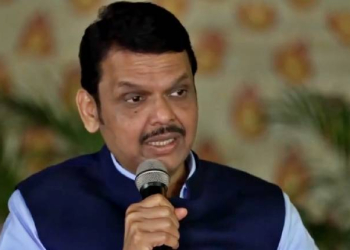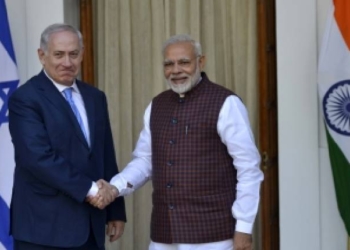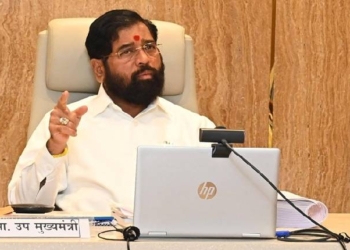New Delhi: Prime Minister Narendra Modi on Saturday announced the starting of a special 100-day campaign with a focus on the high-burden Tuberculosis (TB) districts and urged the citizens to read an article written by Union Health Minister J P Nadda.
Responding to Union Minister JP Nadda’s post on X by Union Minister Shri JP Nadda, PM Modi wrote, “Health Minister Shri JP Nadda Ji gives an insightful picture of the steps we are continuously taking to make India TB-free. Do read.”
“Our fight against TB just got stronger! Powered by a collective spirit to defeat TB, a special 100-day campaign is starting today with a focus on the high-burden TB districts,” he added.
He further mentioned that India is fighting TB in a multi-pronged manner with doubling support to patients, ‘Jan Bhagidari’, newer drugs and the use of tech and better diagnostic tools.
“Let us all come together and do our bit to eliminate TB,” PM Modi added.
Earlier in the day Union Minister JP Nadda posted on social media X, “Under the leadership of Prime Minister Narendra Modi, India is making remarkable progress in the fight against TB. Initiatives like the 100-day campaign in high-burden districts enhanced nutritional support through Nikshay Poshan Yojana, and faster, cost-effective diagnostic tools are accelerating the country’s efforts. These steps have significantly increased treatment coverage and reduced TB incidence. The emphasis on Jan Bhagidari has united communities, ensuring timely diagnosis and treatment. India’s innovative approach is setting global benchmarks and moving the country closer to a ‘TB Mukt Bharat’ (TB-free India).”
To gain momentum in eliminating TB in India, the Ministry of Health and Family Welfare, in collaboration with key stakeholders launched the 100-Day TB elimination campaign. The Union Minister of Health and Family Welfare, JP Nadda launched this intensified campaign from Panchkula, Haryana.
The initiative, set to be implemented across 347 districts in 33 States and Union Territories has been designed to enhance TB case detection, reduce diagnostic delays, and improve treatment outcomes, particularly in high-risk groups. It represents yet another significant strategic effort by the country in its bid to strengthen programmatic activities and reduce disparities in TB outcomes across diverse regions of the country to achieve the aim of TB elimination.
(IANS)
















